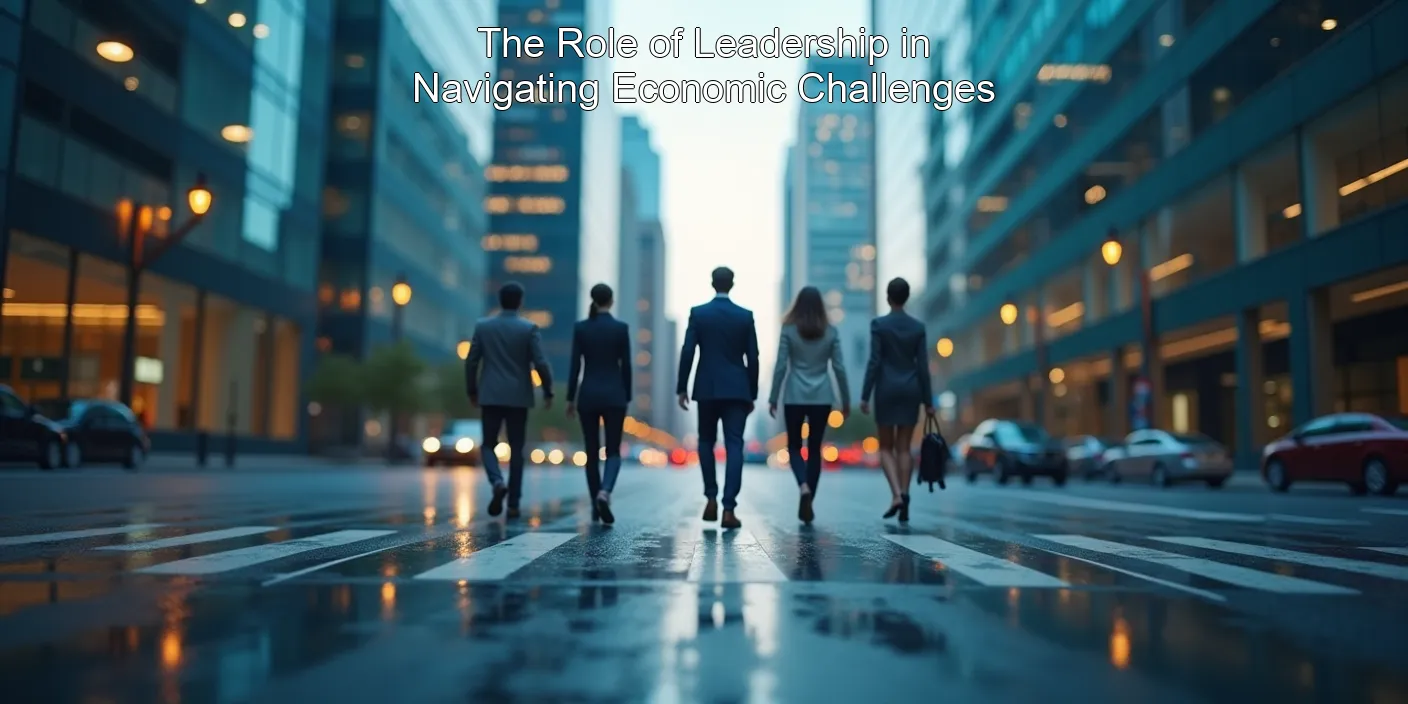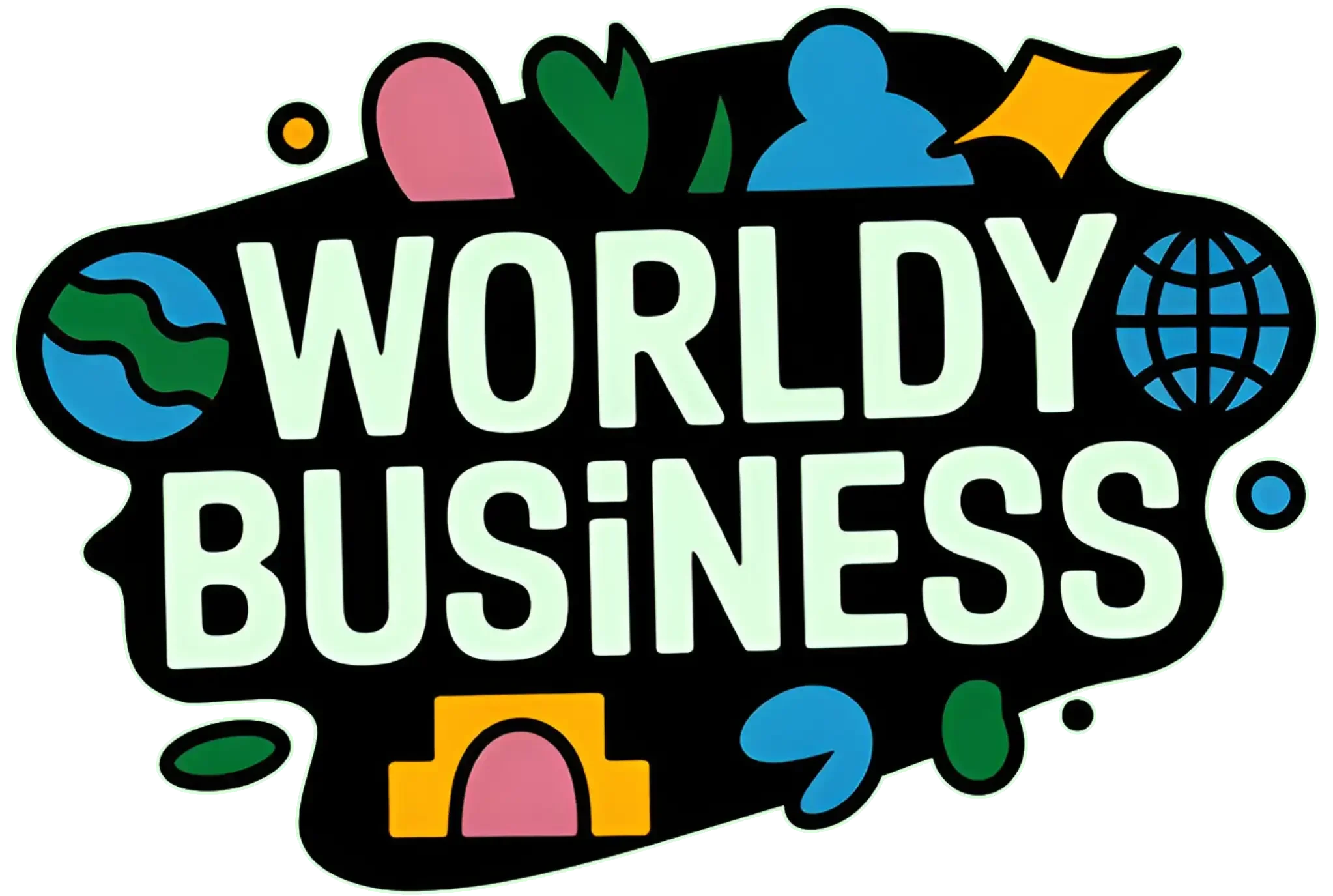Navigating Global Markets: Economic Challenges and Opportunities in 2023
| Key Factors | Impact |
|---|---|
| Inflation | High, affecting consumer spending |
| Interest Rates | Rising, impacting borrowing costs |
| Supply Chain | Disruptions easing, but challenges remain |
As we navigate through 2023, Global Markets are facing a complex landscape of challenges and opportunities. Let’s explore the key factors shaping the business world:

#EconomicTrends, #GlobalMarkets, #MarketAnalysis
- Persistent inflation pressures
- Tightening monetary policies
- Geopolitical tensions
- Evolving consumer behaviors
“The global economy is at a turning point, with growth slowing in most major economies. Yet, this challenge also presents opportunities for innovative businesses.” – Christine Lagarde, President of the European Central Bank
FAQ: Navigating Global Economic Challenges
Q: How are rising interest rates affecting businesses?
A: Higher rates increase borrowing costs, potentially slowing investment and expansion plans.
Q: What sectors are showing resilience in the current market?
A: Technology, healthcare, and renewable energy sectors are demonstrating strong growth potential.
Q: How can businesses adapt to inflationary pressures?
A: Strategies include optimizing supply chains, diversifying suppliers, and focusing on value-based pricing.
Tips for Thriving in Volatile Markets
- Embrace digital transformation to enhance efficiency
- Diversify revenue streams across different markets
- Invest in employee upskilling to drive innovation
- Prioritize sustainability to meet changing consumer demands
According to the World Bank, global economic growth is projected to slow to 2.1% in 2023, reflecting the impact of tightening policies aimed at containing high inflation.
Emerging Opportunities in the Global Landscape

| Opportunity Area | Potential Impact |
|---|---|
| Green Technology | High growth, government support |
| E-commerce | Continued expansion, new markets |
| AI and Automation | Efficiency gains, new business models |
Despite economic headwinds, several sectors are poised for growth. Innovation & Tech continues to drive new opportunities:
“Unleashing Growth: Innovation and Emerging Markets in a Shifting Global Economy”
- Sustainable energy solutions
- Digital health technologies
- Fintech innovations
- AI-driven productivity tools
“In times of economic uncertainty, those who innovate and adapt quickly will not just survive, but thrive.” – Satya Nadella, CEO of Microsoft
FAQ: Capitalizing on Global Opportunities
Q: How can small businesses tap into global markets?
A: Leverage e-commerce platforms, participate in trade shows, and utilize government export assistance programs.
Q: What skills are most valuable in the current global economy?
A: Digital literacy, adaptability, cross-cultural communication, and data analysis are increasingly crucial.
Q: How important is sustainability in global business strategies?
A: Extremely important. Consumers and investors are prioritizing environmentally responsible businesses.
Steps to Expand Your Global Footprint
- Conduct thorough market research
- Build strategic partnerships in target markets
- Adapt products or services to local preferences
- Invest in localized marketing strategies
The International Monetary Fund reports that emerging market and developing economies are expected to drive about 80% of global growth in 2023, highlighting the importance of diversifying into these markets.
Leadership Strategies for Global Success
In this dynamic environment, effective Leadership & Strategy is crucial. Leaders must be agile, forward-thinking, and culturally aware to navigate global complexities.
For Startup Insights on thriving in global markets, focus on building resilient business models and fostering innovation. Remember, in challenging times, visionary leadership and adaptability are your greatest assets.
Current Economic Conditions Affecting Global Markets: A Comprehensive Analysis
Global Market Dynamics in Today’s Economy
| Key Factor | Impact |
|---|---|
| Inflation Rates | High in many countries |
| Interest Rates | Rising globally |
| Supply Chain | Disruptions ongoing |
| Geopolitical Tensions | Increasing uncertainty |
The current economic landscape is shaping Global Markets in unprecedented ways. Let’s dive into the key factors influencing market dynamics:
- Persistent inflation pressures
- Central banks’ monetary tightening
- Ongoing supply chain challenges
- Geopolitical uncertainties
“The global economy is at a critical juncture, facing headwinds that could reshape market dynamics for years to come.” – Christine Lagarde, President of the European Central Bank
FAQ: Understanding Current Economic Conditions
Q: How are rising interest rates affecting businesses?
A: Higher rates increase borrowing costs, potentially slowing investment and expansion.
Q: What impact does inflation have on consumer spending?
A: Elevated inflation erodes purchasing power, potentially leading to reduced consumer spending.
Q: How are supply chain disruptions influencing global trade?
A: Disruptions lead to increased costs, delays, and potential shortages of goods worldwide.
Navigating Economic Challenges: Tips for Businesses
- Diversify supply chains to mitigate risks
- Implement hedging strategies against currency fluctuations
- Focus on cost optimization and operational efficiency
- Invest in Innovation & Tech to stay competitive
According to the World Bank, global economic growth is projected to slow from 5.5% in 2021 to 4.1% in 2022, reflecting ongoing challenges.
Emerging Opportunities in a Shifting Landscape

| Sector | Growth Potential |
|---|---|
| Green Energy | High |
| Digital Technologies | Very High |
| Healthcare Innovation | Moderate to High |
| E-commerce | Steady Growth |
Despite challenges, current economic conditions are creating new opportunities for innovative businesses. Key areas of growth include:
“Thriving in Disruption: Innovation, Sustainability, and Digital Shifts Reshaping Business Landscape”
- Sustainable energy solutions
- Digital transformation technologies
- Healthcare advancements
- E-commerce and digital marketplaces
“In times of economic uncertainty, those who innovate and adapt quickly will find the greatest opportunities.” – Satya Nadella, CEO of Microsoft
FAQ: Capitalizing on Economic Shifts
Q: How can businesses identify emerging opportunities?
A: Stay informed on market trends, invest in market research, and remain agile in strategy.
Q: What role does Leadership & Strategy play in navigating economic challenges?
A: Strong leadership is crucial for adapting to change, making informed decisions, and guiding teams through uncertainty.
Q: How important is innovation in the current economic climate?
A: Innovation is key to staying competitive, finding new revenue streams, and solving emerging market needs.
Strategies for Thriving in Uncertain Times
- Embrace digital transformation
- Focus on customer-centric innovation
- Build resilient and flexible business models
- Invest in upskilling and reskilling your workforce
The International Monetary Fund reports that countries investing in digital infrastructure and green technology are showing stronger economic resilience.
As we navigate these complex economic conditions, businesses that remain adaptable, innovative, and focused on long-term sustainability will be best positioned to thrive. For Startup Insights on navigating these challenges, explore our dedicated resources and stay ahead in the ever-evolving global market landscape.
Overview of Global Economic Landscape
| Key Factor | Impact |
|---|---|
| Inflation | High in many countries |
| Interest Rates | Rising globally |
| Supply Chain | Disruptions ongoing |
The global economic landscape is currently shaped by several interconnected factors:
- Persistent inflation pressures
- Tightening monetary policies
- Geopolitical tensions
- Ongoing supply chain challenges
“The global economy is facing its biggest test since the Second World War.” – Kristalina Georgieva, IMF Managing Director
FAQ on Current Economic Conditions
Q: How is inflation affecting global markets?
A: Inflation is eroding purchasing power and forcing central banks to raise interest rates, impacting investment and growth.
Q: What role do supply chains play in the current economic situation?
A: Ongoing supply chain disruptions are contributing to inflationary pressures and affecting production across industries.
Q: How are geopolitical tensions impacting the global economy?
A: Geopolitical conflicts are creating uncertainty, affecting trade relations, and contributing to market volatility.
Tips for Navigating Current Economic Conditions
- Diversify your investment portfolio
- Stay informed about global economic trends
- Consider hedging strategies against inflation
- Monitor central bank policies closely
According to the World Bank, global growth is expected to slow from 5.7% in 2021 to 2.9% in 2022, significantly lower than the 4.1% anticipated in January 2022.
Impact on Emerging Markets
| Factor | Effect on Emerging Markets |
|---|---|
| Currency Fluctuations | Increased volatility |
| Capital Flows | Potential outflows |
| Debt Burdens | Rising concerns |
Emerging markets are facing unique challenges in the current economic climate:
- Currency depreciation against the US dollar
- Rising borrowing costs
- Potential food and energy crises
“Emerging market and developing economies are facing a multi-year period of slow growth driven by heavy debt burdens and weak investment.” – David Malpass, World Bank President
FAQ on Emerging Markets
Q: How are rising interest rates affecting emerging markets?
A: Higher rates are increasing borrowing costs and potentially leading to capital outflows from emerging economies.
Q: What opportunities exist in emerging markets despite challenges?
A: Some emerging markets offer growth potential in sectors like technology and renewable energy.
Q: How can investors approach emerging markets in the current climate?
A: Careful country and sector selection, along with risk management, are crucial for investing in emerging markets.
Strategies for Emerging Market Investments
- Focus on countries with strong fundamentals
- Consider currency-hedged investments
- Look for companies with global revenue streams
- Monitor political and regulatory risks closely
The IMF projects emerging market and developing economies to grow by 3.8% in 2022, down from 6.8% in 2021.
Technological Innovations Shaping Markets
Amidst economic challenges, technological innovations are playing a crucial role in shaping Global Markets. From blockchain to artificial intelligence, these technologies are transforming industries and creating new investment opportunities.
The intersection of Innovation & Tech with traditional sectors is driving efficiency and opening new avenues for growth. Companies that successfully leverage these technologies may gain a competitive edge in the global marketplace.
The Role of Leadership in Navigating Economic Challenges

Effective Leadership & Strategy are crucial in navigating the complex economic landscape. Leaders must be agile, forward-thinking, and able to adapt quickly to changing market conditions.
“Agile Leadership: Steering Success Amid Economic Shifts”
For Startup Insights, understanding these economic conditions is vital. Startups that can innovate and solve problems arising from current economic challenges may find significant opportunities for growth and success.

As we navigate these turbulent economic times, staying informed, adaptable, and strategic will be key to success in the global marketplace.



